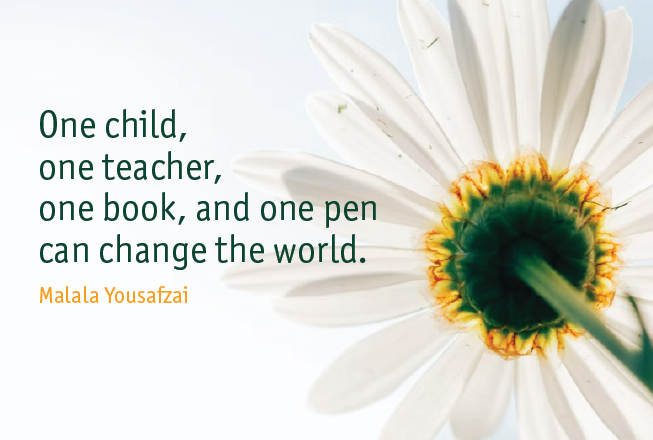Welcome to the start of a new school year. Many teachers made it through the last year holding on to the idea of summer as a time to relax, rejuvenate, and prepare for the year ahead. We hope this happened for you, but we also realize that the summer months may have added to feelings of stress and uncertainty. As you show support to your students in their return to school, we hope you will offer the same care and kindness to your colleagues and yourself.
Our summer newsletter includes recommendations for talking with students about their summer experiences, details about our new and updated self-paced training options, and reminders about the annual Post-School Survey.



Back to School
As students prepare to return to school in a few weeks, they may feel a mix of emotions. For some students, summer break was positive, and they may have participated in family events, vacations, and travel. For other students, this may have not been the case due to a variety of reasons over which they had little control. Educators should be sensitive to their students’ range of experiences during the time away from school. No matter the experiences, these can add to the students’ skills and self-awareness.
Questions teachers and parents can ask returning students:
- What was the best part of your summer, and why?
- What was a stressful part of your summer, and why?
- Did you try or do anything new? If so, what was it?
- What are you most looking forward to this school year?
- What are you not looking forward to, feeling anxious about, or worried about this school year?
- What did you learn about yourself during your summer break?
Learning about and building upon students’ summer experiences can help to inform, confirm, or adjust their transition plans. Discussions with students about their summer, done in a sensitive and caring way, can build rapport and connections than can be strengthened throughout the school year.

Partnerships for Inclusion: Special Education and Career Technical Education
Developed under OSPI’s Inclusionary Practices Project (IPP), CCTS’s new self-paced training course features interviews with Washington state educators who share their stories and strategies for increasing inclusionary practices in their schools and districts, by emphasizing collaborations between Special Education and CTE. The five-module course is available free of charge.
Visit CCTS’s IPP Resources page for more information.

Writing Effective Transition Plans (WETP)
The foundational training in CCTS’s self-paced Transition Foundations series, WETP is newly updated to include details about completing the Summary of Performance and using the T-Folio to align the IEP with the High School and Beyond Plan. The nine-module course is available free of charge.
The Transition Foundations series also includes trainings on Student-Led IEP Meetings and Developing Job Shadow Experiences. Visit CCTS’s Professional Development and Training page for more information.

2022 Post-School Survey (2020-21 leaver year)
The Post-School Survey for 2020-21 leavers is open through November 1. All schools must verify their Leaver Survey Lists in the TSF2 data collection platform to confirm if they have students who qualify as leavers.
- Support materials: Guidance for Educators page on the CCTS website
- Next TSF2 User Meeting: October 5, 2022, 2:30 p.m.
- Topics: Survey response rates, unlocking submitted surveys, what to do once your surveys are complete, and other commonly asked questions
- Specific questions: email CCTS@seattleu.edu

